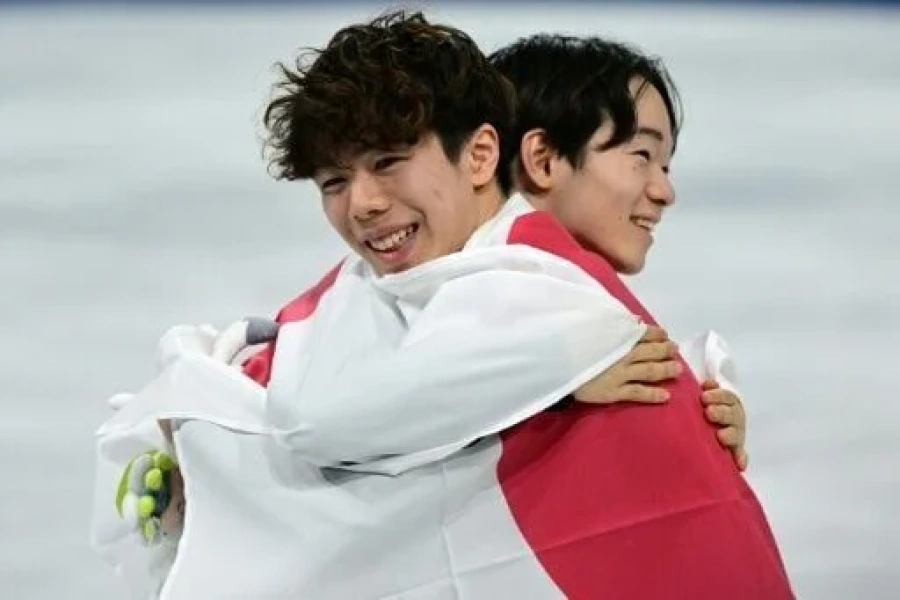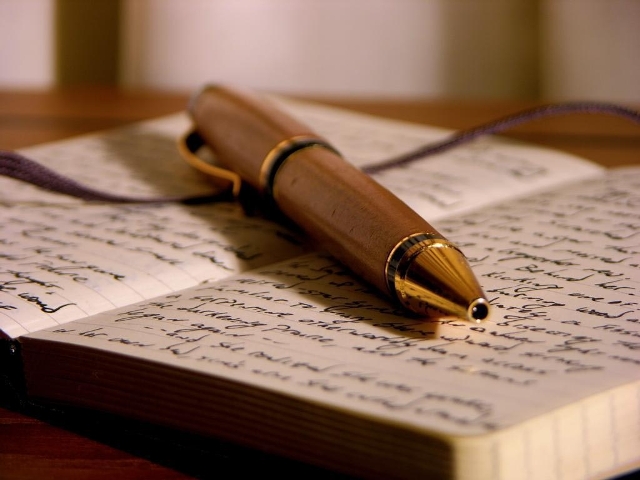After years of publishing articles, composing gazals and writing stories in private, Mandira Koirala Pandey (Mandira Madhusri) has finally written a book. Budhan Ghodi is a collection of 15 stories from across different regions of our country and at the moment, Pandey is busy promoting her work. The Week caught up with the novice writer to talk about the experience of her debut as well as women in Nepali literature.
You are bringing out your first book. How has the experience been?
It’s been a steep learning curve. I have had experience working in the media, outside of the valley. I also socialize around in the literary scene and attend their events, however, I don’t have any formal affiliation with any of the literary circles and groups. So sometimes I almost feel like an outsider trying to break in.
I decided to bring this book out in the market on my own because it was turned down by several publishing houses. There were some publishers who didn’t even look through my manuscript while some claimed it wasn’t up to their standards but didn’t offer any suggestions so it was turning out to be a hassle. So I requested an artist friend to help make the cover. Then I forwarded my manuscript to a couple of editors and invested my own money to print a thousand copies of my book. I certainly learned a lot in the process.
Was it worth putting yourself through all these difficulties to publish a book?
As a writer, you feel obligated to share your work. Otherwise, all the writings are mere entries in your journal. It’s true that for the 12 years I was working on the stories, I never felt the need to rush and print anything. However, once I was fully satisfied, the next step was pretty clear. Turning my stories into a book means I now have something concrete to showcase all my efforts so far.
It’s still challenging. I may have printed copies of ‘Budhan Ghodi’ but I also need to get the readers and the media’s attention. Since I don’t have a publisher or a team to help me with this, I have been running around myself but I’d say it’s worth it.
Considering the initial rejections from the publishers, are you still confident with the standard of your writing?
Those who have read the book have been kind with their reviews so far. Also this is my first effort and I consider this book as a stepping stone. It doesn’t have to help start a legacy. Its sole purpose is to get my work out there among the masses. People might find some drawbacks in the work but as I mentioned, they are all lessons. I’m looking forward to implying them on my next book.
Why do you think women writers have failed to make the same kind of impact as male writers in Nepali literature?
As astounding as it is, even in this day and age, I believe the reasons go back to her home and household responsibilities. This has been my experience as well. As women we don’t have the luxury to declare to our family that we are working on a book. I bet many male writers do this. They easily get the chance to immerse themselves in their writing and research. They can even arrange for somebody in the house (usually the wife) to bring them tea at regular intervals. They don’t have to think about feeding the family, giving directions to the house help or sending the kids to school. This means they get to put in more effort into their work.
I, on the other hand, had no other choice but to place my notebooks and pens in the kitchen. I write between stirring the curry and attending to my in-laws and the kids. The most favorable writing time for me is before everybody in the family wakes up and after they go to sleep. It’s such a hectic juggling act and many Nepali women writers are obliged to master it. I believe this has played a huge role in affecting the standard of women’s writing.
So you believe the opportunities aren’t equal for both genders in literature?
These sentiments of gender equality haven’t genuinely caught up in our society. The circumstances aren’t ideal to help encourage ordinary Nepali women to take up writing as a profession. If she happens to have any literary dreams, she still has to tackle many odds, starting from her home itself, to pursue it.
Further, in my experience, the publishing scene and the readers too are a little biased. A couple of my husband’s friends actually assumed that my husband had written the book in my name. They had problems believing that I could write a book. The attitude among some publishers and editors are the same. They immediately question the quality of the manuscript when they find out it has been written by a woman.
But the only thing you can do in this circumstance is to continue writing. One day they shall be compelled to give you some credit.
ICC T20 World Cup: England set Nepal a challenging 185-run targ...

On Pandey’s bookshelf
Doshi Chasma by Bishweshwar Prasad Koirala
As is the case with many people, I came across B.P Koirala’s work as part of our course syllabus during my school days. Ever since then, I have found his work to be very insightful. Not only is he an amazing storyteller, his understanding of human psychology is very impressive as well.
Tapak by Durga Lal Shrestha
This collection of poems turned out to be quite surprising. I’m not an avid poetry fan but Tapak had me hooked to his words from the very beginning. I was amazed by Shrestha’s ability to encapsulate such profound feelings and perspectives in just a couple of verses.
Aama Janu Hos by Maya Thakuri
Maya Thakuri is one female writer that readers ought to acquaint themselves with. Since her stories are used as part of the course in our universities, chances are many literature enthusiasts are familiar with her work. As a storyteller, she is somebody I regularly look up to for guidance.
Pani Ko Gham by Amar Neupane
It seems like Seto Dharti receives the most praise and accolades but personally, Pani Ko Gham is my favorite Neupane read. His writing has an effortless flow to it and I believe Pani Ko Gham is his best work in terms of writing and narration. As a reader, this book is important to me.
Ular by Nayan Raj Pandey
This may be a short and simple novel but it packs quite a punch. While reading Ular, I remember thoroughly enjoying the power of Pandey’s narrations. He really brings the political scenario in the rural areas to life. The story has such integrity that the book is bound to have an impact on any reader who picks it up.






































